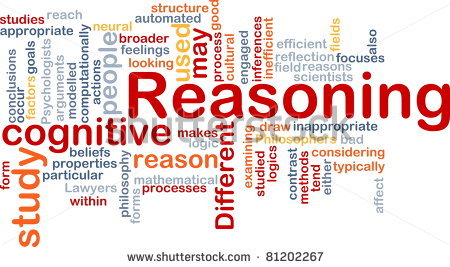Nature editorial: A positive inflection for research into ability
As GWAS results confirm links between cognitive ability and outcomes diverse as increased lifespan, better SES and education outcomes, and protection from mental illness, information on the genetics of cognitive ability itself has taken a quantum leap, Nature have posted an editorial framing these results against wide-spread misconceptions about human intelligence.
The editorial argues that these large molecular-based studies of human ability are themselves the best antidote to what the editor identifies as cognitive ability research’s three worst enemies:
First, biological determinism – the idea that genes work in isolation from environment.
Second, the fact that modern ability testing had its origins (like many ideas in science) in the fertile period of the 20th century when not only great scientific strides were being taken but global societal shifts and displacements were building: such things as concerns about immigration and eugenic ideas of “protecting genetic stock”.
Third , the editor identifies claims of racial difference with outright racism or claims of race-supremacy placing moral values onto racial differences in IQ scores or physical traits such as brain size.
Geneticists and others are burning down these straw men, and a key task for researchers, given this pre-existing animus should reasonably be to communicate this new, nuanced, modern, and transformative cognitive genetics to the wide public so they can make informed decisions as ever more causal mechanisms in cognition and, potentially, diagnostics and interventions are discovered.
The Nature editorial is here, (and pdf here).
PS: The editorial builds on (and quotes) ideas from ISIR founder and keynote speaker Doug Detterman that “What most people know about intelligence is, at best, distorted and, at worst, just wrong“, meaning that, at the same time as transformative genetic studies yield up the molecular pathways involved in human reasoning ability, many are either not taught about ability, or, perhaps worse are taught information that mainstream cognitive science simply wouldn’t recognize: A great place to start would be some great lectures!

